Describe your towns, cities
Portugal - Fafe
The city of Fafe is located in the North of the country, in the district of Braga. Known as the Minho Visiting Room, Fafe is located between the banks of the Vizela and Ferro rivers and is renowned for its gastronomy, heritage and natural beauty.
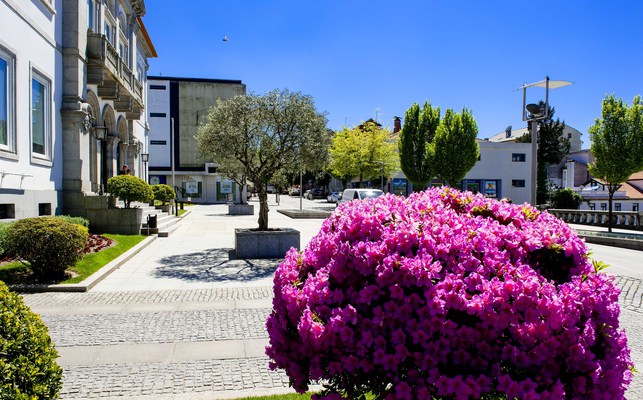
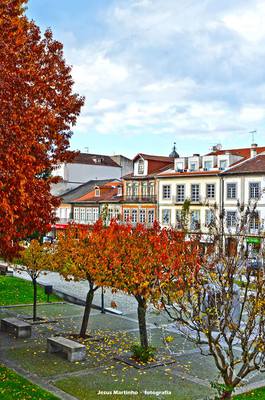
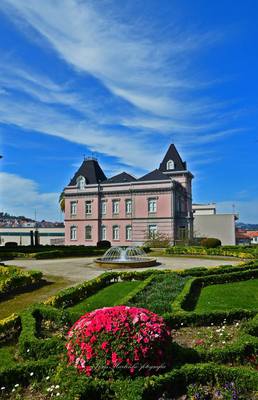
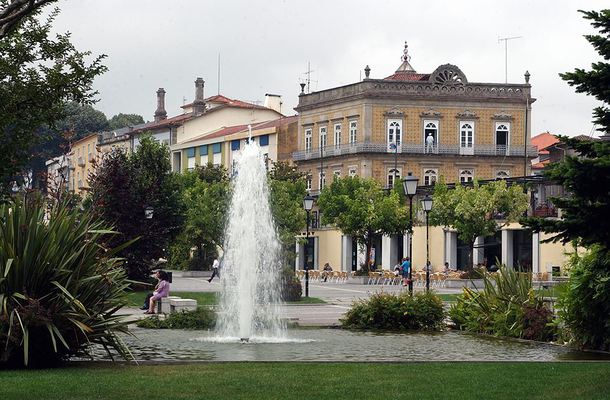
Slovakia - Vráble
Our town Vráble is situated in the South - West of Slovakia near the great city Nitra and 100 km from the capital Bratislava.
It is small town lying in vineyard area.
There are primary and secondary schools, banks, hotels, museums, chateaus, supermarkets, htels, reastaurants,...
We held festivals in Cherry Square.
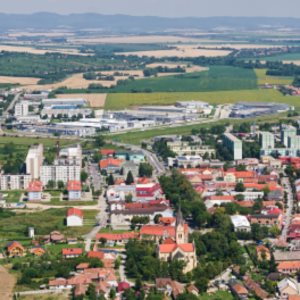
https://tuul.sk/modal-vytlacit-material/?id=76873&hide=
Greece, Athens
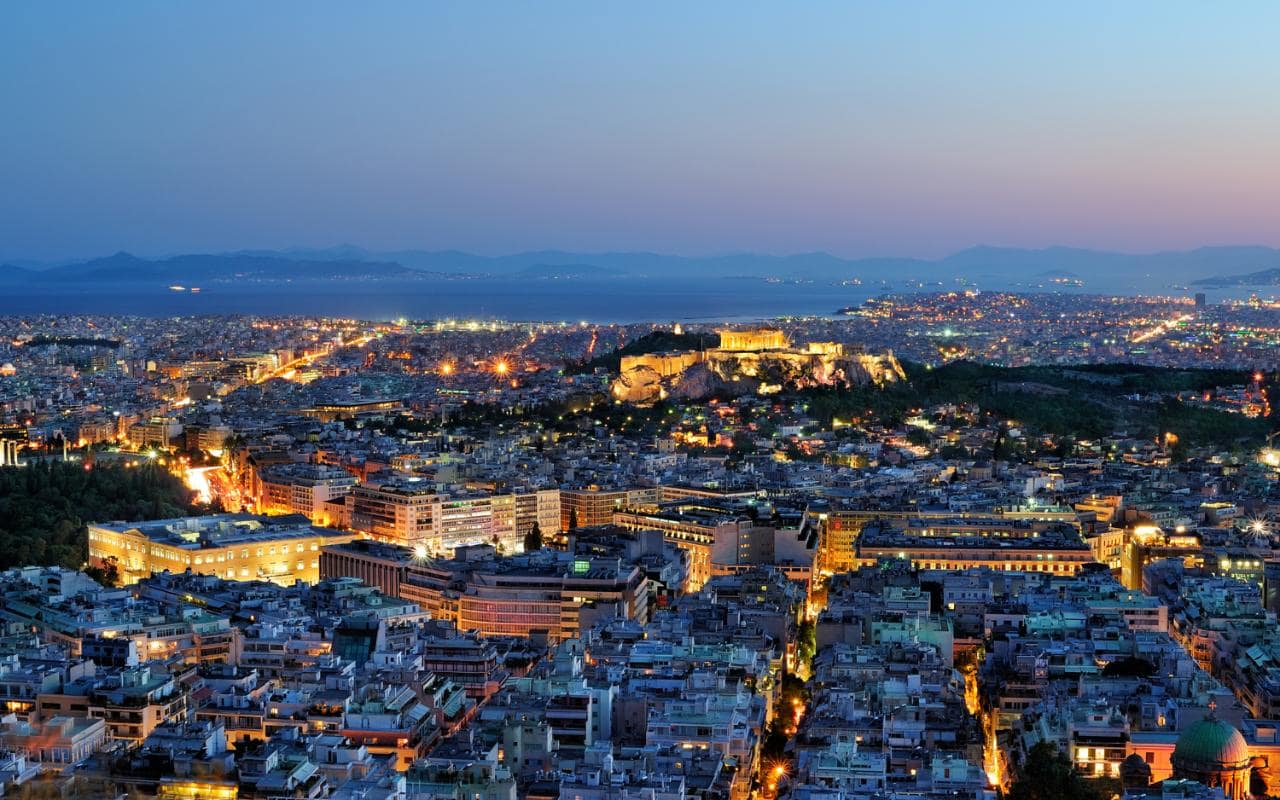

Our school is located in Peristeri, a suburb in Athens.
Lithuania
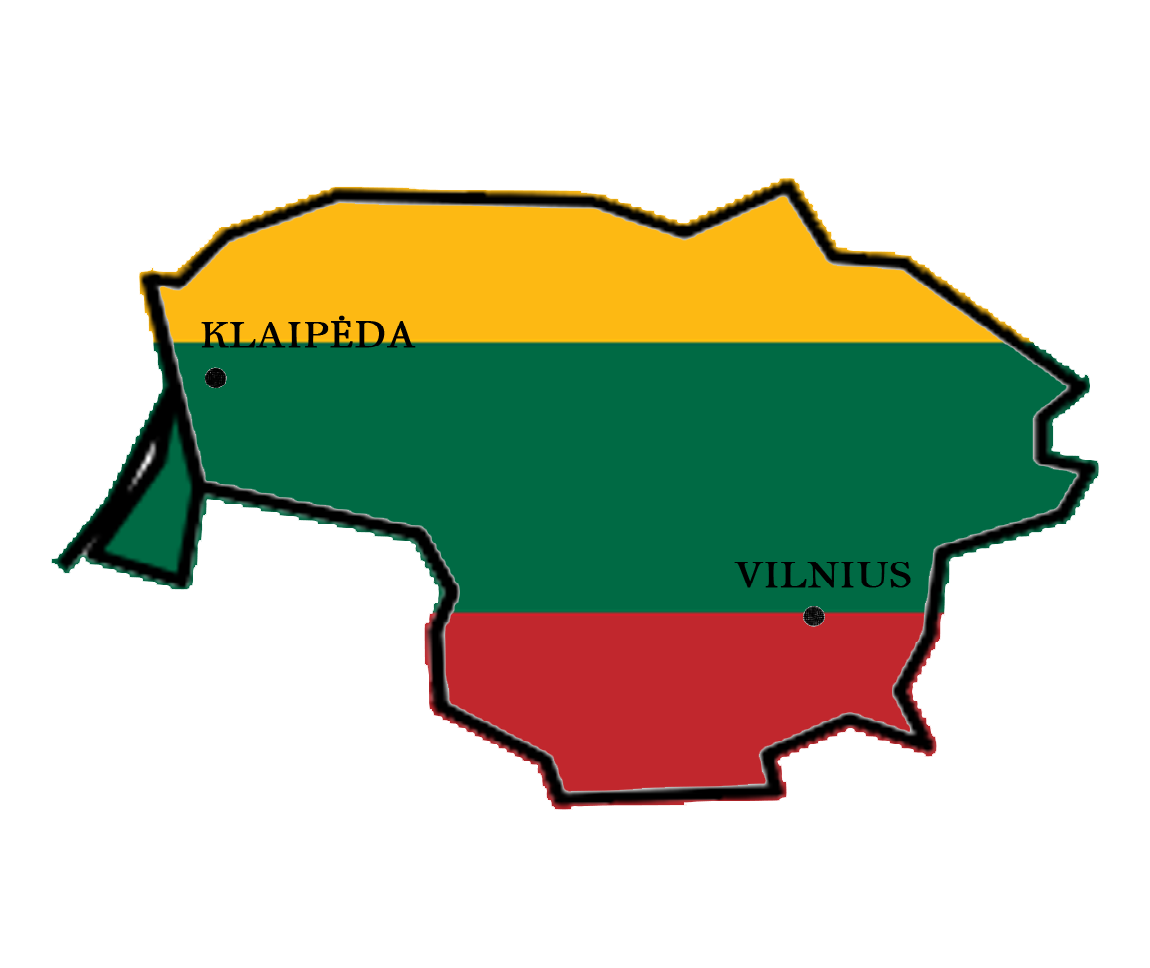
Klaipėda
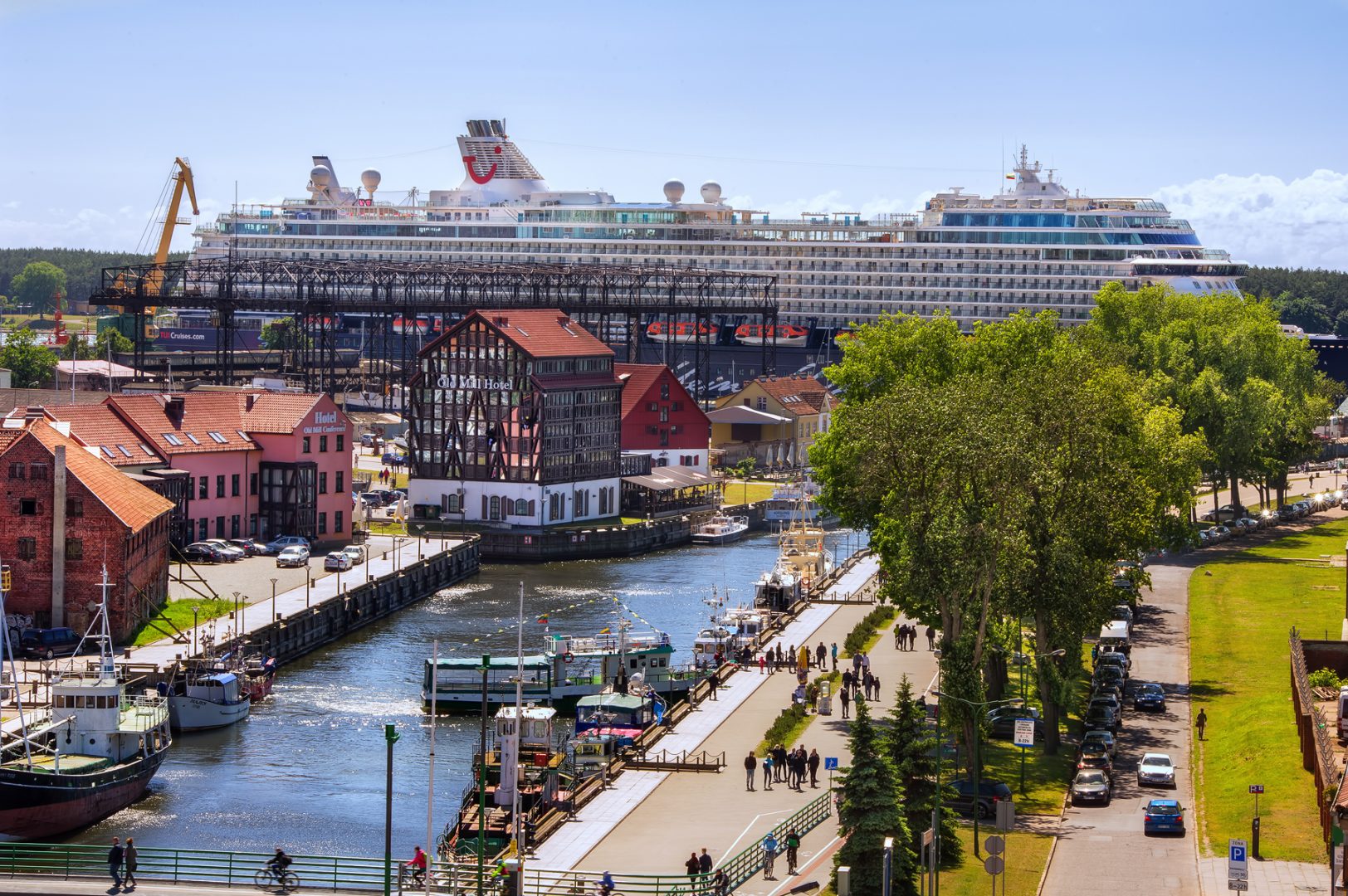
The history of the Klaipėda city dates back to the time when the Livonian Order built a castle called Memelburg. A town grew around the castle close to where the waters of the Curonian Lagoon flow into the Baltic Sea.
Klaipeda is now Lithuania’s gateway to the world and the capital of the west of Lithuania. It is a vibrant and exciting city in which to live and work. The City has its own university, which is a true scientific and cultural centre. The Lithuanian Christian College has just celebrated its tenth anniversary and goes from strength to strength.
The seaport of Klaipeda is popular with investors and foreign partners because of its attractive and competitive conditions to develop industry and promote small and medium businesses.
Klaipeda will become increasingly important because of its direct links with other European and world-wide ports and because it is a sea transport centre, where regular shipping lines and fast modern motorway routes merge together.
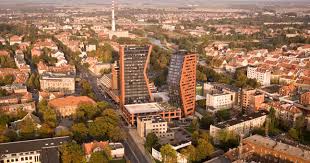
Italy - Aggius
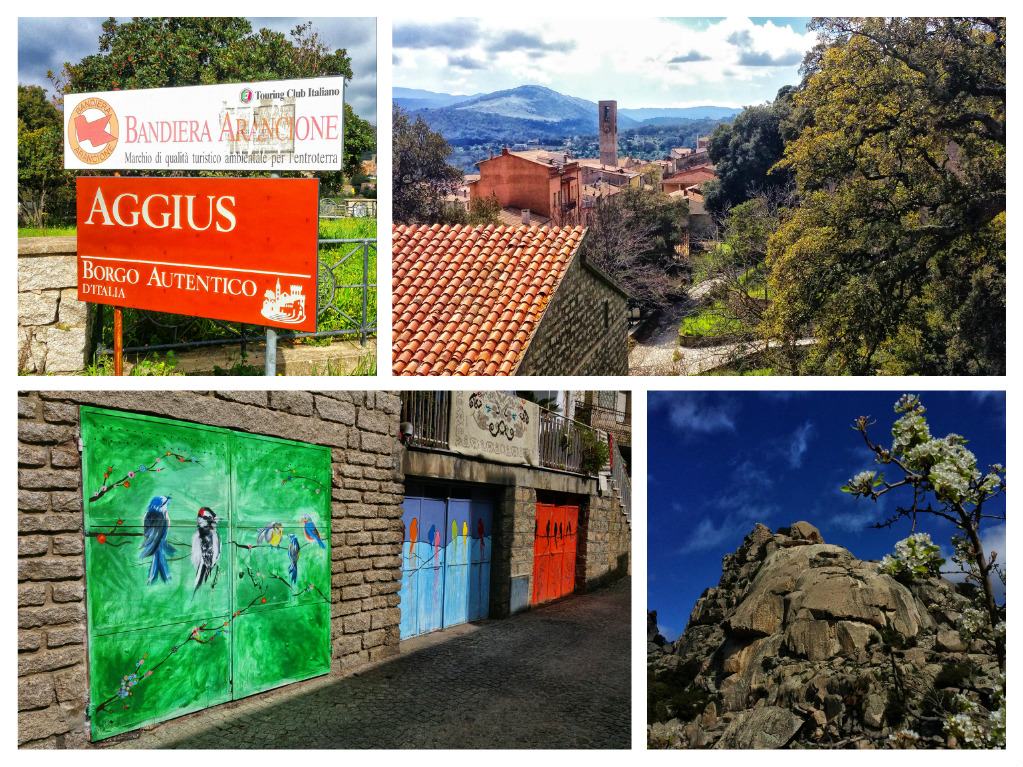
Aggius is a Municipality of about 1,643 inhabitants in the historical region of Gallura and is 6 Km far from Tempio Pausania and about 40 from the nearest airport, in Olbia.
The small village is at the foot of the granite peak called “Monti di Aggius”. It is a typical Gallura village dipped among cork oak-groves and vineyards and surrounded by sites of Nuraghi and rural Medieval churches, witnessing its ancient history.
The name Aggius might derive from Greek aghios = sacrosanct; or from Latin agnus = lamb, to indicate the presence of sheepfolds; or from ajus = lawless, because of the free and rebellious attitude of its original inhabitants, used to self-regulation, according to their own code of laws.
Aggius is repository of age-old traditions with regard to chant and dance: there is a renowned choir and a very interesting ethnographic museum, M.E.O.C.